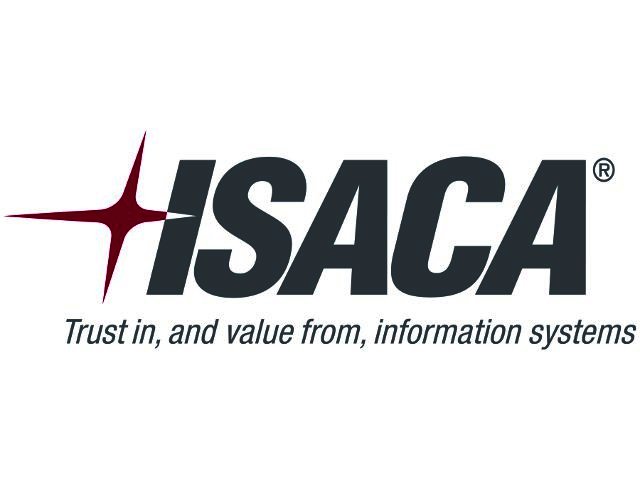PREVIOUS ARTICLENEXT ARTICLE
NEWS

Advanced persistent threat attack - companies targeted
By Staff Writer 14 February 2013 | Categories: news
A global cybersecurity survey of more than 1500 security professionals found that more than one in five respondents said their enterprise has experienced an advanced persistent threat (APT) attack.
According to the study by global IT association ISACA, 94% say APTs represent a credible threat to national security and economic stability, yet most enterprises are employing ineffective technologies to protect themselves.
APTs, an espionage tactic often intended to steal intellectual property, have made headlines in recent years for breaching major enterprise and government networks worldwide. ISACA believes attacks such as the Google Aurora threat and the RSA breach make it clear that they pose a major threat to organisations in all industries, not just government. More than 60% of survey respondents say that it’s only a matter of time before their enterprise is targeted.
ISACA’s Advanced Persistent Threat Awareness: Study Results shows that 96% of respondents say they are at least somewhat familiar with APTs. While this is a positive finding, 53% of respondents say they do not believe APTs differ from traditional threats ? according to ISACA, this indicates that many do not fully understand APTs.
“APTs are sophisticated, stealthy and unrelenting,” said Christos Dimitriadis, international VP of ISACA and head of information security at INTRALOT GROUP. “Traditional cyber-threats often move right on if they cannot penetrate their initial target, but an APT will continually attempt to penetrate the desired target until it meets its objective ? and once it does, it can disguise itself and morph when needed, making it difficult to identify or stop.”
Ready to respond?
More than 60% of survey respondents say they are ready to respond to APT attacks. However, antivirus and antimalware (95%) and network perimeter technologies such as firewalls (93%) top the list of controls their enterprises are using to stop APTs. ISACA believes this a concerning finding, given that APTs are known to avoid being caught by these types of controls. The study shows that mobile security controls, which can be quite effective, are used much less frequently.
“APTs call for many defensive approaches, from awareness training and amending third-party agreements to ensure vendors are well-protected, to implementing technical controls,” said Jo Stewart-Rattray, director of ISACA and director of information security and IT assurance at BRM Holdich.
The study also found that:
? Loss of enterprise intellectual property was cited as the biggest risk of an APT (by more than a quarter of respondents), followed closely by loss of customer or employee personally identifiable information (PII).
? 90% of respondents believe that the use of social networking sites increases the likelihood of a successful APT.
? 87% believe “bring your own device” (BYOD), combined with rooting or jailbreaking the device, makes a successful APT attack more likely.
? More than 80% say their enterprises have not updated their vendor agreements to protect against APTs.
2013: Year of the hack
“We are only in February and already we can declare 2013 as the year of the hack,” said Tom Kellermann, CISM, trusted advisor to the US government and VP of cyber security for Trend Micro. “ISACA's research reveals that enterprises are under attack and they don’t even know it. Bringing this awareness into the curriculum of education for security professionals is necessary to enable them to build the custom defence they need to combat these targeted attacks.”
The ISACA study, sponsored by Trend Micro, examined awareness of APTs, direct experience with APTs, security controls and processes in place, and APT impact on policies and practices. Full results are available as a free download at www.isaca.org/cybersecurity.
In related internet security news, Kaspersky Lab recently noted that gamers are frequently being targeted by cyber-criminals.
TAGS:
USER COMMENTS
Most Read Articles
Read

Magazine Online
TechSmart.co.za is South Africa's leading magazine for tech product reviews, tech news, videos, tech specs and gadgets.
Start reading now >
Download latest issue
Have Your Say
What new tech or developments are you most anticipating this year?
New smartphone announcements (46 votes)
Technological breakthroughs (29 votes)
Launch of new consoles, or notebooks (14 votes)
Innovative Artificial Intelligence solutions (29 votes)
Biotechnology or medical advancements (24 votes)
Better business applications (160 votes)



